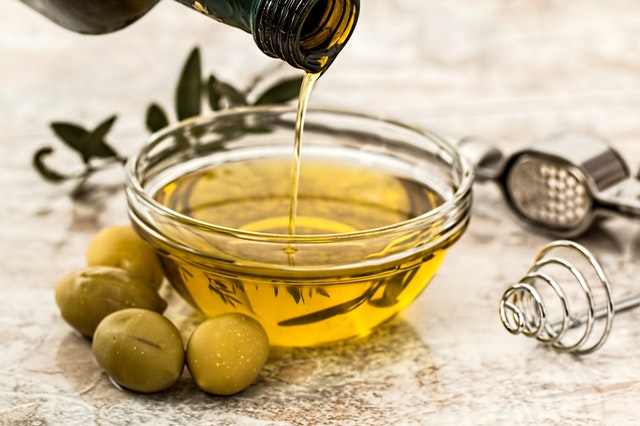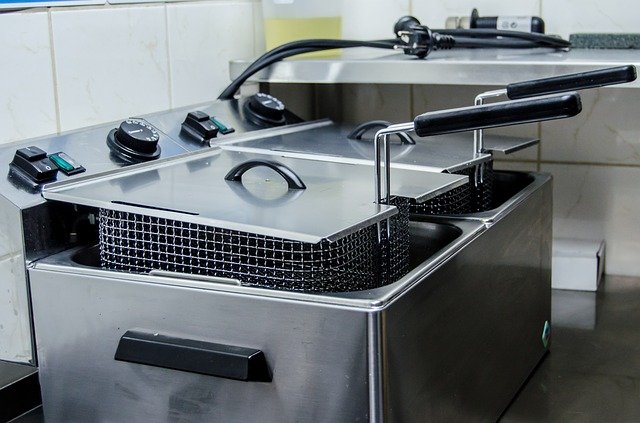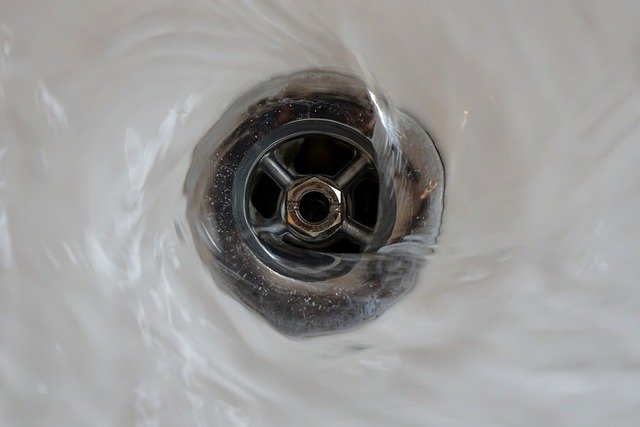The sanitary sewer system of a city is composed of a series of pipes that are called sewer mains and laterals. These pipes connect our homes and businesses to the city’s public sewage treatment facilities.
Sewer laterals run from the street into restaurants, connecting the property to the public sanitary sewer. Now, these sewer laterals can get blocked when fats, oils, and grease (FOG) are flushed down the drains, sinks, or even in the odd case, toilets.
Gradually, these blockages will restrict the regular and smooth flow of wastewater from your business. The outcome can be sewage backups and the resulting damage to your property can amount to thousands of dollars. The damage usually affects the walls, floors, furniture, and even the electrical system.
How Do Sewer Lines Connected to Your Home Get Blocked?
When you flush FOG down the drains or sinks, they enter your city’s sewer system. They then cool and harden before sticking to the sewer pipes’ inner walls. Gradually, as more FOG is poured down the drains, the blockage builds up, preventing the normal, uninterrupted flow of wastewater.
Since the blockages harden over time, cleaning them out becomes extremely difficult and costly.
What Is the Source of FOG?
FOG (fats, oils, and grease) are a natural consequence of cooking. In addition, they also occur naturally in many foods. Fog can be found in such items as:
- Dairy products
- Sauces
- Meat fats
- Butter and margarine
- Cooking oil
- Baked goods

- Food scraps
- Shortening
- Gravies
- Salad dressings
- Toiletries
- Cosmetics
What Problems Can FOG Cause?
FOG doesn’t simply wash away once you have sent it down the drain. As mentioned, over time, it builds up in your pipes, creating blockages and plugging sewers. There can be many consequences to this. On top of potentially affecting neighboring buildings, these consequences include:
- Overflowing of raw sewage and drain backups into your business
- Flooding in your basement/storage area. This situation cannot only be unpleasant, but expensive to fix as well
- Exposure to disease-causing organisms from raw sewage that has overflown into streets, yards, and parks
- Increased costs of operations and maintenance for your business
How Can You Prevent FOG Blockages in Your North Carolina Restaurant?
Luckily, there are several things you can do to prevent FOG from causing blockages to your restaurant’s sewer lines. The following are some tips to help you in this regard:
- Strain your cooking oil. First, wait until the cooking oil has cooled completely. Then, put a strainer on top of a large bowl and use a funnel to carefully pour down the cooking oil. Store it in an airtight container until next use
- Prevent oil from scorching to extend its useful life. You can do this by controlling the temperature of the deep fryers. You can do this by using a clip-on deep-fry thermometer to ensure you use the proper temperature. Ideally, you want to maintain a temperature of between 350 and 375 degrees Fahrenheit

- Recycle cooking oils and any grease that has been left over. While grease can be problematic, it’s still valuable. It can be recycled into other useful products such as fuels, lubricants, and animal feed. The best way to store used cooking oil and grease is by using sealed bins or sealed containers
- Tell your staff to be more conservative when it comes to using FOG in the preparation of food
- Don’t let food scraps go down the drain or garbage disposal. If you do, FOG will congeal and eventually cause it to clog further downstream in the water system. Examples of wastes to look out for include small bones, cooked meat, fruit peels and fruit pits, and general leftover scraps
- Use rubber scrapers to remove fat, oil, and grease from your cookware
- Soak up FOG that’s under fryer baskets using absorbent paper. For stubborn stains, prepare a vinegar solution and soak the fryer or drying basket. Then, after some time, rub off the stains using a scrubber or sponge
- Make use of paper towels when wiping down work areas. Cloth towels will do a poor job, as they will accumulate grease that may eventually end up in your drains
- Always have your grease traps maintained. Normally, many restaurants will have a grease trap installed in their kitchens. After all, they are required by law. But for efficient operation, grease traps need regular maintenance. Check the manufacturer’s specifications to know how to go about it. Greasecycle can provide your restaurant with thorough and dependable grease trap cleaning services. Get in touch with us to get learn more!
Preventative Jetting Services to Help Avoid Sewer Problems
A malfunctioning grease trap can cause a myriad of problems for you and your North Carolina restaurant. At the very least, your restaurant can be shut down. Every day that your business is closed means lost revenue.

Thankfully, there is a way in which you can prevent this from happening, and that is by establishing a routine jetting service. Jetting is a service that helps keep drain lines clear of any buildup of debris on the sides of the pipe walls. GreaseCylce is pleased to offer this service routinely to help give you peace of mind!
Bottom Line
At Greasecycle, we want you to be able to focus on your business rather than deal with a malfunctioning grease trap. When you work with us, our professionally trained technicians will keep your grease trap performing as intended without becoming full.
When we service your grease trap, our technicians will jet the lines from the grease trap to the trunk line of your kitchen. We’ll also jet from the outlet of the grease trap to the sewer main for at least 100 feet. You can rest easy knowing your restaurant is free of risky buildups!
So, what are you still waiting for? Get in touch with us for more about our services! You can reach us by dialing 919-817-6792. Let our professionals save you both time and money with our reliable services.